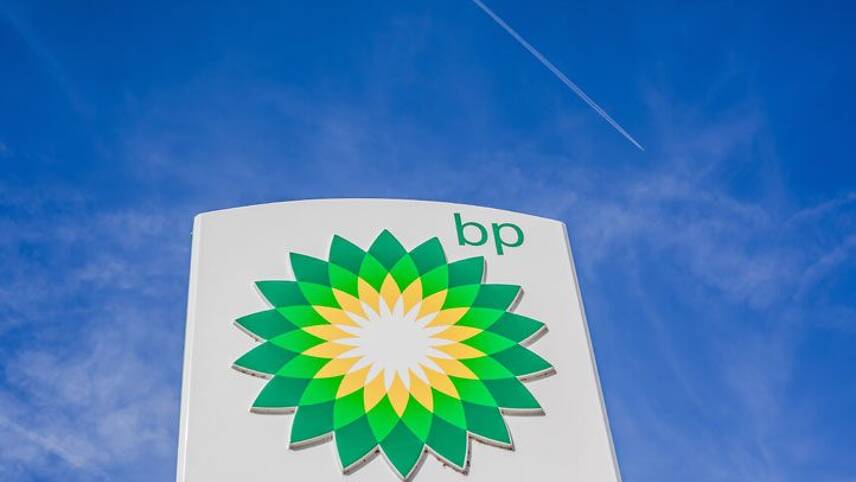Register for free and continue reading
Join our growing army of changemakers and get unlimited access to our premium content

BP has a net-zero emissions target set for 2050
A resolution was issued by the Dutch-based climate activist group Follow This, calling on BP to beef up its existing commitments to decarbonisation. Shareholders voted on the resolution this week, with 20.6% supporting the filing, more than double the number of votes for the last climate-related resolution discussed at the company’s 2019 AGM.
However, the resolution did not gain enough support for it to be passed. The resolution called on BP to publish targets to reduce emissions in alignment with the Paris Agreement.
Last year, BP unveiled plans to transition away from being an oil company and to become an integrated energy company instead, headlined by a commitment to decrease fossil-based hydrocarbon production within a decade, as part of a wider net-zero ambition for 2050.
It includes a commitment to increase annual investment in low-carbon projects to $4bn by 2025 and $5bn by 2030 – up from around $0.5bn at present. BP will reduce its fossil-based hydrocarbon production by 40%. Assets remaining after this phase-out will be “more cost and carbon resilient” than their predecessors, the energy major said in a statement. Meeting the target will require BP to halt all oil and gas exploration initiatives in countries where it is not yet operating.
By completing this phase-out and by making its remaining assets more efficient, BP will be able to cut its operational emissions by 30-35% within a decade and the emissions related to its upstream activities by 35-40% within the same timeframe.
Greenpeace had previously criticised BP’s net-zero target for lacking detail and credibility. It has dubbed the new plans “a necessary and encouraging start”.
However, BP’s chairman Helge Lund reference climate change just once in his speech noting: “BP is indeed performing while transforming. But most significant of all – for the world and for BP – the past year has seen major geopolitical movement on climate.
“We have seen: China set a new net-zero target, the EU initiate a far-reaching Green Deal, the UK launch a plan for a green industrial revolution, and the US recommit to the Paris Agreement. These developments only strengthen our belief that BP’s new direction is the right one.
The news comes shortly after Barclays’ shareholders rejected a proposal that would require the bank to reduce fossil fuel finance on climate grounds. If passed, it would have required Barclays to align its energy financing with the Paris Agreement’s trajectories using a divestment-based approach.
Barclays confirmed that just 14% of its shareholders had supported the resolution. This was an even lower proportion than for Barclays’ first climate-related resolution, filed last year. 24% of shareholders backed that initial resolution.
HSBC is also set to put a climate-related resolution to a vote at its upcoming AGM. If passed, the resolution will require the bank to end financing for coal-fired power and thermal coal mines globally by 2040.
Matt Mace


Please login or Register to leave a comment.